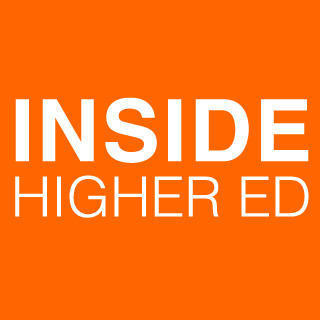By Richard Holmgren
"Consider, for example the implications of Carnegie Mellon’s Open Learning Initiative. More than 10 years ago, Herb Simon, the Carnegie Mellon University professor and Nobel laureate, declared, "Improvement in postsecondary education will require converting teaching from a solo sport to a community-based research activity." The Open Learning Initiative (OLI) is an outgrowth of that vision and has been striving to realize it for more than a decade.
"Teams of cognitive scientists, technology consultants, designers, and disciplinary specialists are designing interactive, online courses that are available now from OLI. The program uses the latest research in cognitive science to inform course design, and it tests each element of the design by evaluating its effectiveness in promoting student learning. As more students take courses and the integrated assessments, the OLI team gathers more data that allow team members to further refine the course. Creating such courses is capital-intensive, but since students interact solely with the computer when taking the course, the marginal cost to deliver the course to each additional student is minimal.
"OLI in its current incarnation is a proof-of-concept endeavor, and in 2012, Ithaka S+R published findings that demonstrate it has succeeded. A rigorous study comparing student learning in a traditional face-to-face statistics course to that of students in a hybrid OLI course found that the hybrid courses were at least as effective in promoting student understanding of statistics as traditional courses. Further, students in the hybrid courses learned as much even though they spent significantly less time in learning activities, which echoes earlier work by OLI showing that Carnegie Mellon students learned statistics with OLI in half the time that students in traditional courses did. We should note that the hybrid courses were not offered fully online. Students worked through the material using OLI’s online interactive materials and met as a group once weekly with a course tutor."
Read more: http://www.insidehighered.com/views/2013/04/15/essay-how-technology-and-new-ways-teaching-could-upend-colleges-traditional-models#ixzz2REN2pMxC ;
Inside Higher Ed
Via Mark Smithers, Amy Cross



 Your new post is loading...
Your new post is loading...







